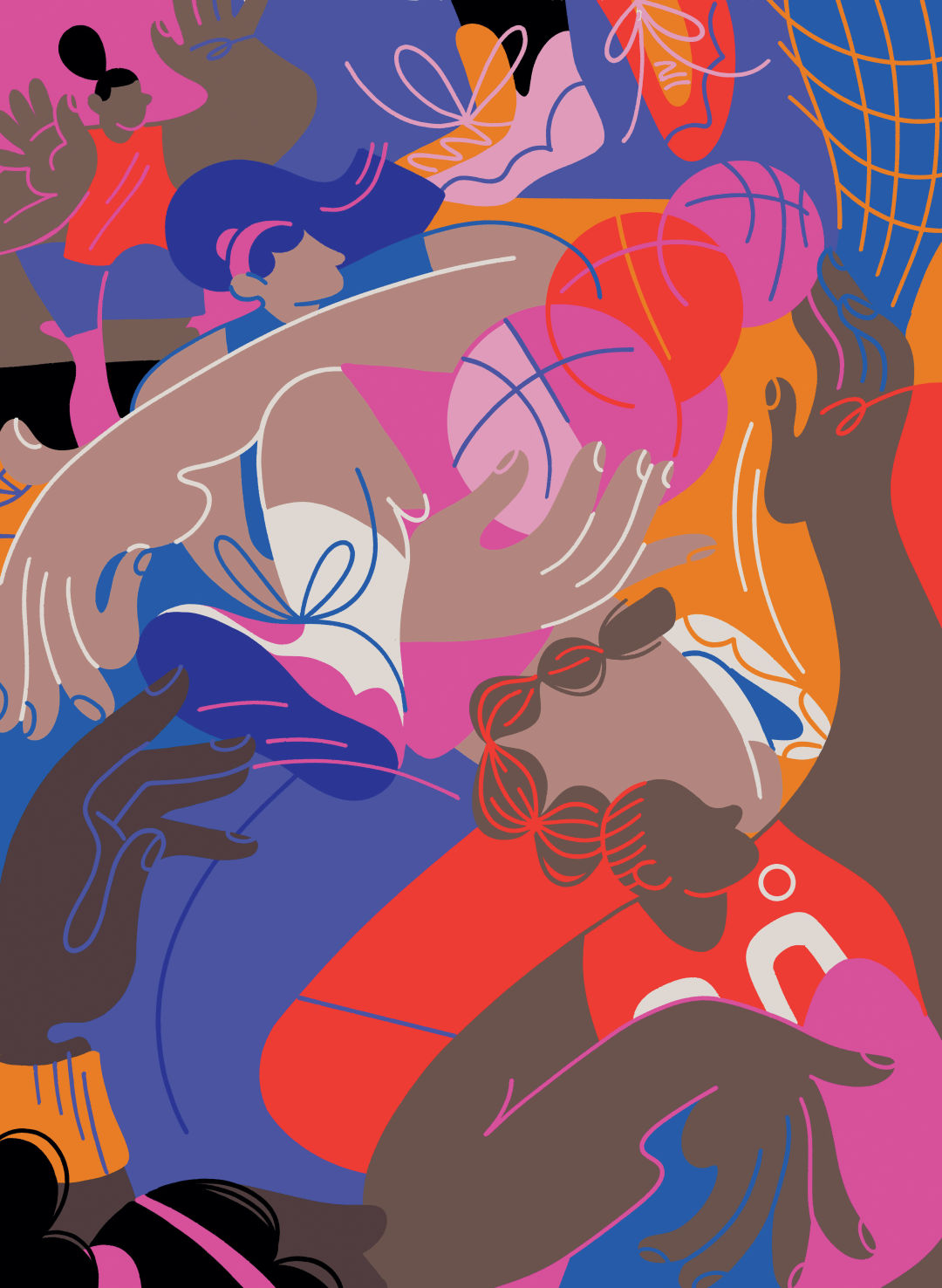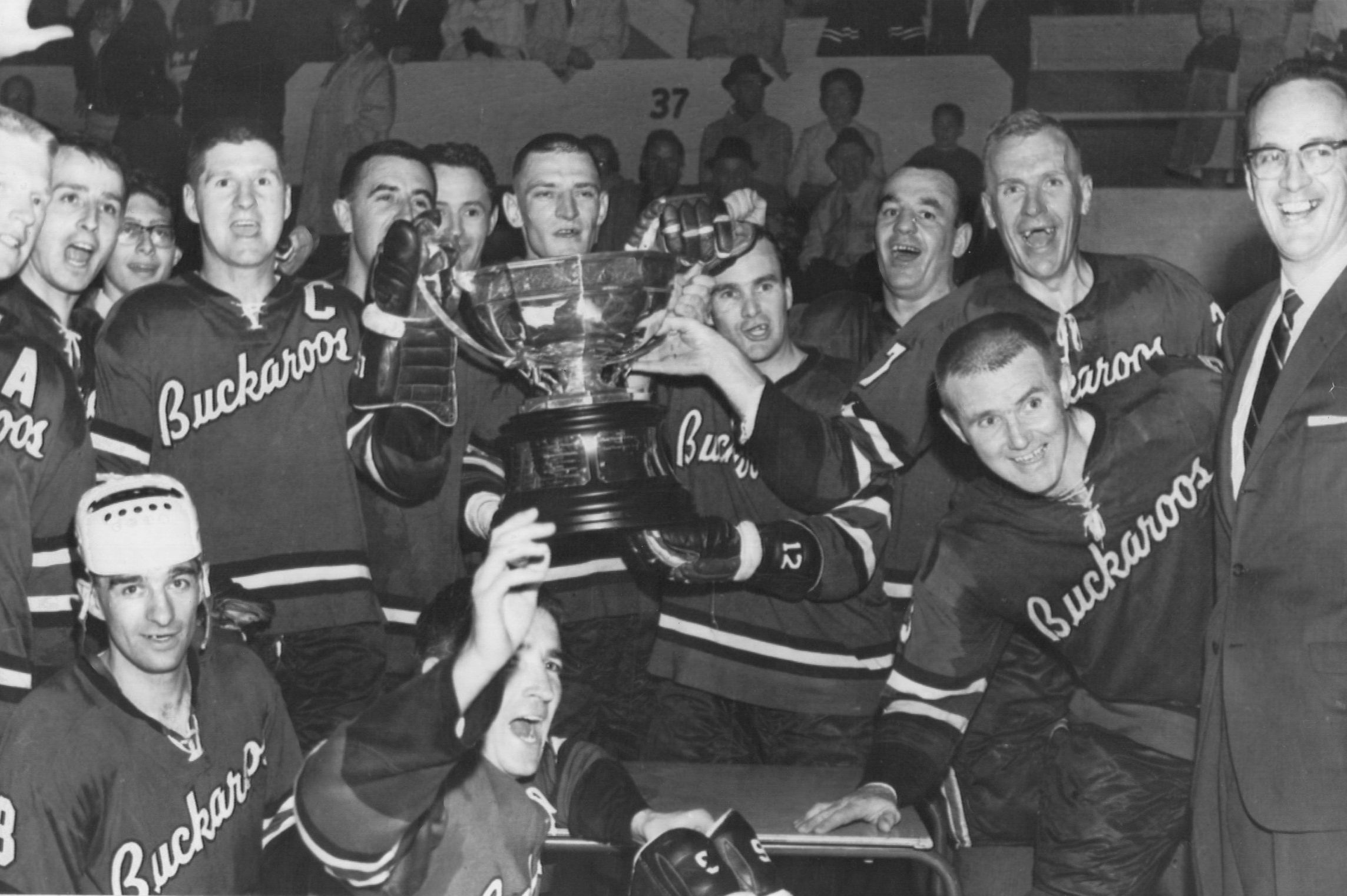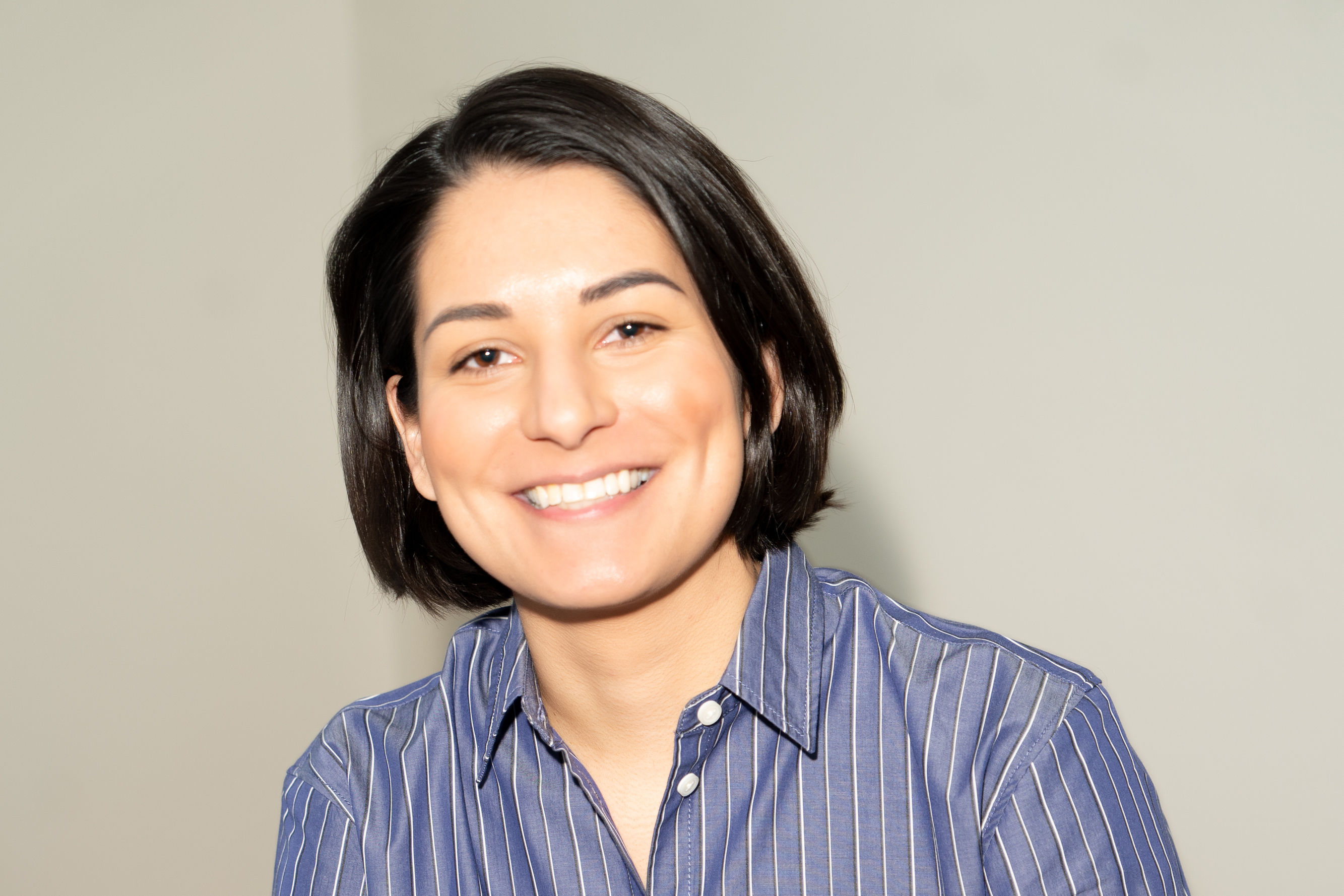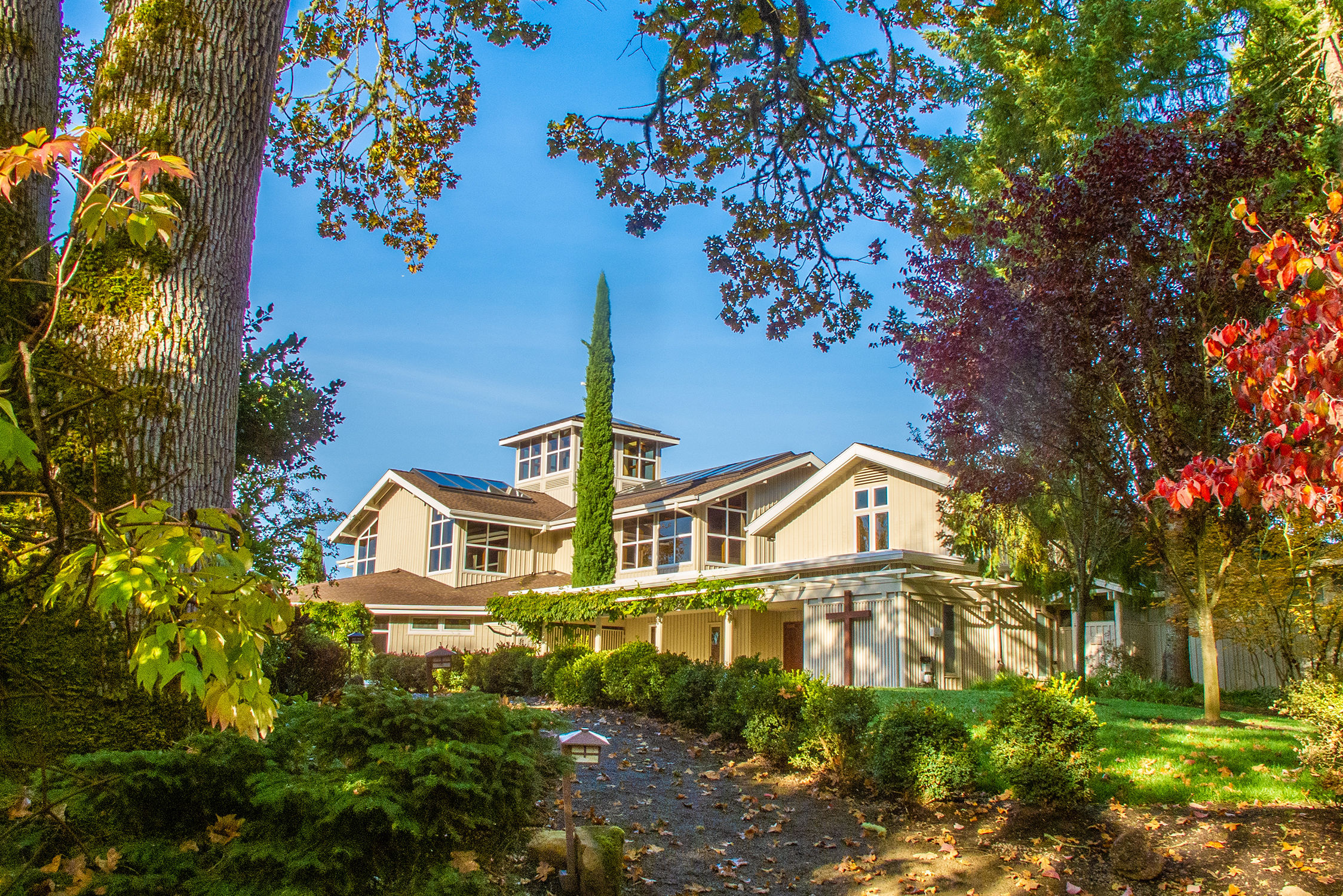What’s It Going to Take for Portland to Get a WNBA Team Again?

Image: MEREDITH SCHOMBURG
Barring upsets, from March 28 to 30, the Moda Center will be the place to find Oregon’s most exciting basketball player.
Sorry, Dame. That would be Oregon Ducks guard Sabrina Ionescu—college basketball’s all-time triple-double leader.
For the second year in a row, Portland will be one of the four hosts of the NCAA Division I women’s tournament regionals, which drew more than 11,000 fans to last year’s Western final. Ionescu—a senior whose fan club has included LeBron James, Steph Curry, and the late Kobe Bryant—will be looking to get the Ducks a championship, ideally while returning to the Moda Center as the region’s top seed along the way.
Which brings us to one of the biggest mysteries in Portland sports. Never mind baseball: why doesn’t Portland have a WNBA team?
By some measures, we’re already ground zero for women’s sports. Take the Thorns, who draw better than most men’s Major League Soccer teams—on average, 20,098 scarf-waving fans per game packed Providence Park in 2019—and have been called “the most profitable women’s pro team in the world” by Sports Illustrated. Last year’s NCAA Elite Eight match-up at the Moda Center was one of the best attended games of the entire tournament. This year, advance tickets, before fans even know which teams will be playing, are selling nearly three times faster than last year.
The short answer is women’s professional basketball has already failed here. Twice. The Portland Power (1996–1998) died when the fledgling American Basketball League did. The WNBA’s Portland Fire (2000–2002) drew around 8,000 fans per game, below the league average at the time. When the WNBA changed its ownership structure after the 2002 season, transferring control to the NBA franchises in the same cities, Paul Allen’s Trail Blazers opted not to keep the women’s team going (and even declined to sell the franchise to Blazers legend Clyde Drexler).
But since then, “we’ve established ourselves as one of the pinnacle communities that supports women’s athletics in the US,” says Jim Etzel, the CEO of the nonprofit Sport Oregon.
The Portland Rainmakers—humor us—would have a ready-made rival in the decorated Seattle Storm. That team is owned by a trio of women who encourage a progressive culture, like their sponsorship of a “Stand With Planned Parenthood” game night.
The WNBA has not expanded since the addition of the Atlanta Dream in 2008, and has, in fact, shrunk. But most observers figure it could handle 16 teams, the size it was when the Fire existed. “Portland would be at the top of any list of markets I’d put on a wishlist,” says Howard Megdal, who writes about the WNBA for the women’s sports newsletter The IX, “especially if Merritt Paulson could invest the way he has with the Thorns.”
The Timbers/Thorns owner declined to comment for this story, as did the Trail Blazers’. And that’s the biggest hurdle facing a potential women’s hoops team. Somebody has to write a check, and be ready to weather the ups and downs of a new franchise.
Blazers owner Jody Allen could probably start a team for about the same money as Hassan Whiteside’s $27 million salary. (The expansion fee in 2008, the last time the WNBA added a team, was $10 million.) Nike’s Phil Knight might not need to sell stock to cover that amount. And a WNBA team could be just as community minded an endeavor for power broker Jordan Schnitzer as a museum (or as a homeless shelter in a never-occupied jail).
“There’s no active conversation right now because there’s no qualified ownership group that has identified itself,” says Etzel. “Someone would have to step up and say, I want to own a WNBA team in Portland.”




